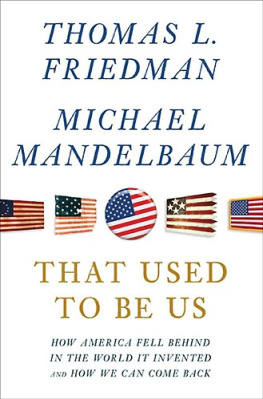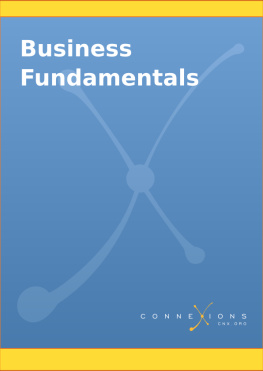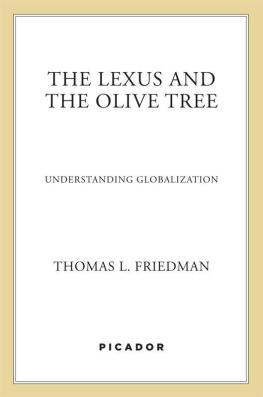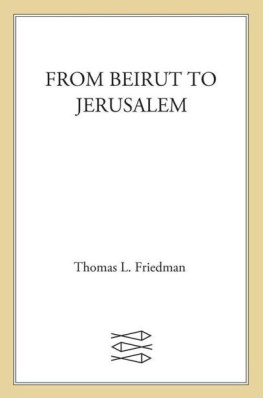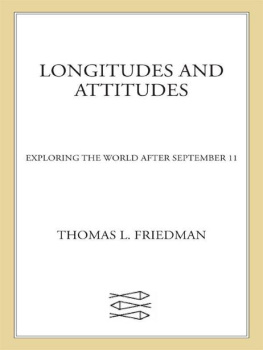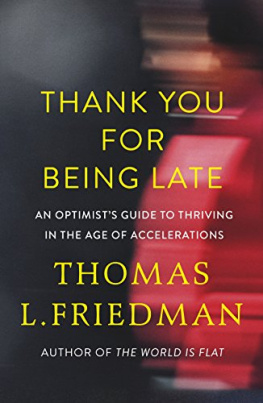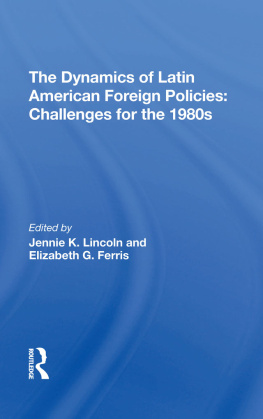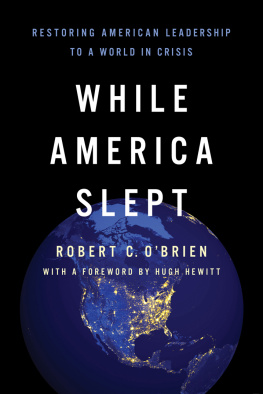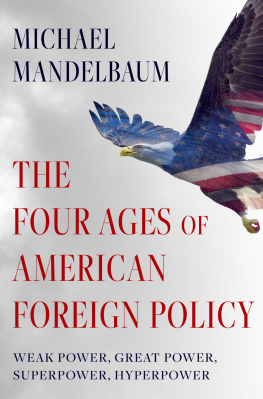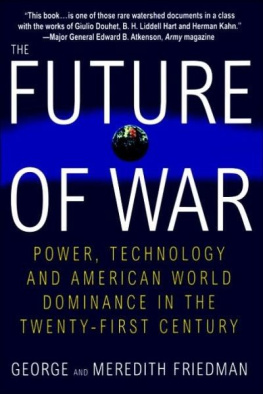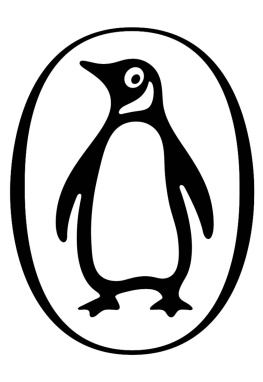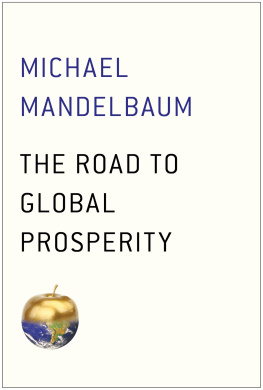
To Ann Friedman and Anne Mandelbaum
Table of Contents
It makes no sense for China to have better rail systems than us, and Singapore having better airports than us. And we just learned that China now has the fastest supercomputer on Earththat used to be us.
President Barack Obama, November 3, 2010
A reader might ask why two people who have devoted their careers to writing about foreign affairsone of us as a foreign correspondent and columnist at The New York Times and the other as a professor of American foreign policy at The Johns Hopkins University School of Advanced International Studieshave collaborated on a book about the American condition today. The answer is simple. We have been friends for more than twenty years, and in that time hardly a week has gone by without our discussing some aspect of international relations and American foreign policy. But in the last couple of years, we started to notice something: Every conversation would begin with foreign policy but end with domestic policywhat was happening, or not happening, in the United States. Try as we might to redirect them, the conversations kept coming back to America and our seeming inability today to rise to our greatest challenges.
This situation, of course, has enormous foreign policy implications. America plays a huge and, more often than not, constructive role in the world today. But that role depends on the countrys social, political, and economic health. And America today is not healthyeconomically or politically. This book is our effort to explain how we got into that state and how we get out of it.
We beg the readers indulgence with one style issue. At times, we include stories, anecdotes, and interviews that involve only one of us. To make clear who is involved, we must, in effect, quote ourselves: As Tom recalled As Michael wrote You cant simply say I said or I saw when you have a co-authored book with a lot of reporting in it.
Readers familiar with our work know us mainly as authors and commentators, but we are also both, well, Americans. That is important, because that identity drives the book as much as our policy interests do. So here are just a few words of introduction from each of usnot as experts but as citizens.
Tom: I was born in Minneapolis, Minnesota, and was raised in a small suburb called St. Louis Parkmade famous by the brothers Ethan and Joel Coen in their movie A Serious Man , which was set in our neighborhood. Senator Al Franken, the Coen brothers, the Harvard political philosopher Michael J. Sandel, the political scientist Norman Ornstein, the longtime NFL football coach Marc Trestman, and I all grew up in and around that little suburb within a few years of one another, and it surely had a big impact on all of us. In my case, it bred a deep optimism about America and the notion that we really can act collectively for the common good.
In 1971, the year I graduated from high school, Time magazine had a cover featuring then Minnesota governor Wendell Anderson holding up a fish he had just caught, under the headline The Good Life in Minnesota. It was all about the state that works. When the senators from your childhood were the Democrats Hubert Humphrey, Walter Mondale, and Eugene McCarthy, your congressmen were the moderate Republicans Clark MacGregor and Bill Frenzel, and the leading corporations in your stateDaytons, Target, General Mills, and 3Mwere pioneers in corporate social responsibility and believed that it was part of their mission to help build things like the Tyrone Guthrie Theater, you wound up with a deep conviction that politics really can work and that there is a viable political center in American life.
I attended public school with the same group of kids from K through 12. In those days in Minnesota, private schools were for kids in trouble. Private school was pretty much unheard of for middle-class St. Louis Park kids, and pretty much everyone was middle-class. My mom enlisted in the U.S. Navy in World War II, and my parents actually bought our home thanks to the loan she got through the GI Bill. My dad, who never went to college, was vice president of a company that sold ball bearings. My wife, Ann Bucksbaum, was born in Marshalltown, Iowa, and was raised in Des Moines. To this day, my best friends are still those kids I grew up with in St. Louis Park, and I still carry around a mental imageno doubt idealizedof Minnesota that anchors and informs a lot of my political choices. No matter where I goLondon, Beirut, Jerusalem, Washington, Beijing, or BangaloreIm always looking to rediscover that land of ten thousand lakes where politics actually worked to make peoples lives better, not pull them apart. That used to be us . In fact, it used to be my neighborhood.
Michael: While Tom and his wife come from the middle of the country, my wife, Anne Mandelbaum, and I grew up on the two coastsshe in Manhattan and I in Berkeley, California. My father was a professor of anthropology at the University of California, and my mother, after my two siblings and I reached high school age, became a public school teacher and then joined the education faculty at the university that we called, simply, Cal.
Although Berkeley has a reputation for political radicalism, during my childhood in the 1950s it had more in common with Toms Minneapolis than with the Berkeley the world has come to know. It was more a slice of Middle America than a hotbed of revolution. As amazing as it may seem today, for part of my boyhood it had a Republican mayor and was represented by a Republican congressman.
One episode from those years is particularly relevant to this book. It occurred in the wake of the Soviet Unions 1957 launching of Sputnik, the first Earth-orbiting satellite. The event was a shock to the United States, and the shock waves reached Garfield Junior High School (since renamed after Martin Luther King Jr.), where I was in seventh grade. The entire student body was summoned to an assembly at which the principal solemnly informed us that in the future we all would have to study harder, and that mathematics and science would be crucial.
Given my parents commitment to education, I did not need to be told that school and studying were important. But I was impressed by the gravity of the moment. I understood that the United States faced a national challenge and that everyone would have to contribute to meeting it. I did not doubt that America, and Americans, would meet it. There is no going back to the 1950s, and there are many reasons to be glad that that is so, but the kind of seriousness the country was capable of then is just as necessary now.
We now live and work in the nations capital, where we have seen firsthand the governments failure to come to terms with the major challenges the country faces. But although this books perspective on the present is gloomy, its hopes and expectations for the future are high. We know that America can meet its challenges. After all, thats the America where we grew up.
Thomas L. Friedman
Michael Mandelbaum
Bethesda, Maryland, June 2011
THE DIAGNOSIS
If You See Something, Say Something
T his is a book about America that begins in China.
In September 2010, Tom attended the World Economic Forums summer conference in Tianjin, China. Five years earlier, getting to Tianjin had involved a three-and-a-half-hour car ride from Beijing to a polluted, crowded Chinese version of Detroit, but things had changed. Now, to get to Tianjin, you head to the Beijing South Railway Stationan ultramodern flying saucer of a building with glass walls and an oval roof covered with 3,246 solar panelsbuy a ticket from an electronic kiosk offering choices in Chinese and English, and board a world-class high-speed train that goes right to another roomy, modern train station in downtown Tianjin. Said to be the fastest in the world when it began operating in 2008, the Chinese bullet train covers 115 kilometers, or 72 miles, in a mere twenty-nine minutes.
Next page
